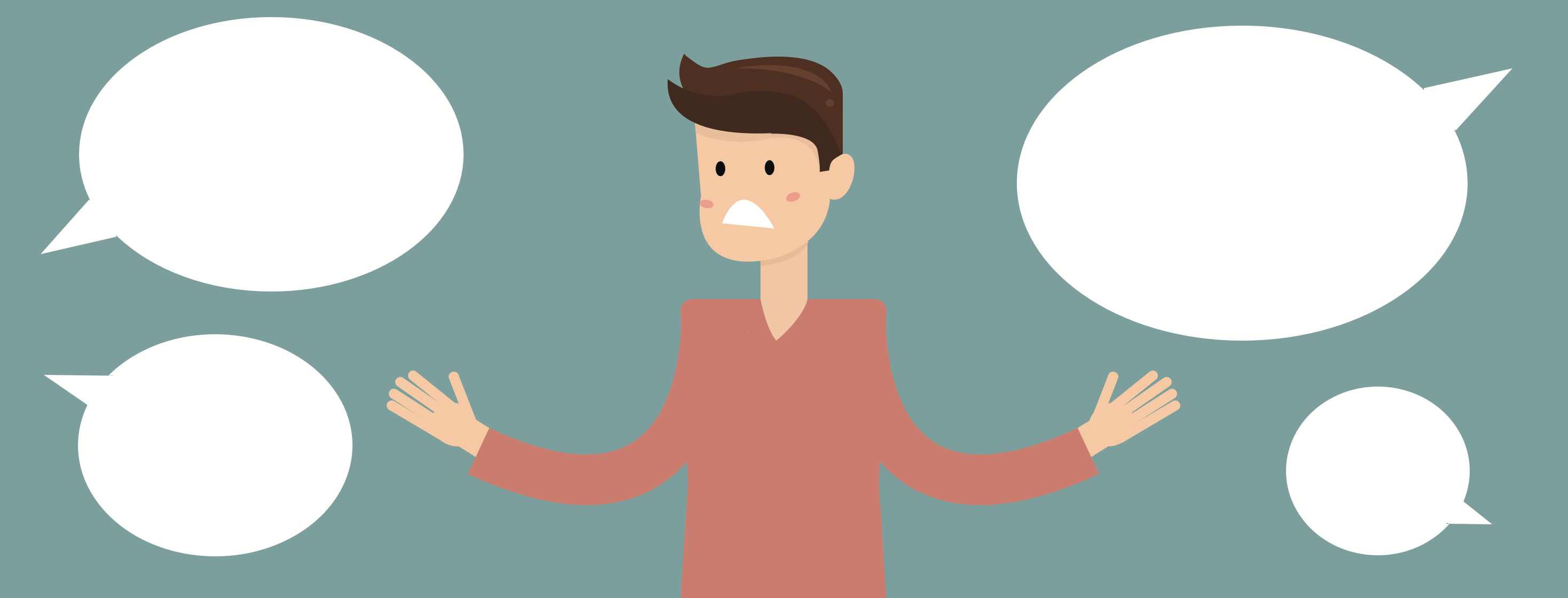Responding to Unsolicited Asthma Advice
On Friday night I was sitting at home, minding my own business and probably reading something in the Heather Wells series of books by Meg Cabot, when I got visually distracted by a Facebook message from a friend. I was quite excited about this as said friend and I had been having a wonderfully ridiculous conversation, mostly pertinent to dinosaurs and design thinking. I clicked over to the box and, sadly, was not greeted by ridiculousness about dinosaurs, but with a link about how yoga could treat my asthma.
Initial thoughts: ALL AT ONCE.
All at once I had 7000 different thoughts, except for my response, which was just about as automatic as all those thoughts. My thoughts were That’s bulls**t. I know they know better than to believe these sorts of sites. WHY WOULD THEY EVEN SEND ME THIS. I KNOW THIS PERSON IS SMART.
Oh, and also, Um hello, if curing/treating asthma were as easy as doing yoga, don’t you think I’d be all over that? (Although my brain appended a specific four letter word to the end of this.)
My tact-less response
Oh yes, people, there is a reason, I suppose, that I had marked impulsivity on those ADHD tests which I did not anticipate.
That reason is because the first thought I typed above is the one that came out of my fingers and was followed by hitting ENTER.
That’s bulls**t. But thanks!
Okay, so I did add a thanks. I was sort of tactful, maybe. MAYBE? Maybe I was polite-ish about it?
Um, self, you could have done better than that. Come on, now. You could have sent some research on the contrary, you could have been less abrupt, you could have done A BUNCH OF THINGS differently.
I reiterate… at least I said thanks?
How to respond to unsolicited asthma advice.
Here are some copy-and-paste solutions for the next time a well-meaning friend chooses to defy science, become an Internet Doctor, or dish you info from a celebrity doctor or a magazine. (Come on, 18 lemons aren’t going to cure my asthma.)
- If it’s maybe legitimate: Thanks for your concern! This is not something my doctor and I have discussed, but I’ll look into it more and see if it might be something to bring up at a future appointment.
- If it’s totally not legit: Thanks for your concern. I haven’t seen any peer-reviewed/scientific research about this, so I probably wouldn’t change my care plan without having evidence first.
- If it’s based on their great-aunt’s third cousin’s son’s miracle cure that is probably bogus: Thanks for sharing that story with me. I’m so happy that your great-aunt’s third cousin’s son is doing well now. Maybe a case study will be done and this could work for me in the future, but I am sticking with what well-known treatments exist."
(If you are me, you are probably less tactful and add ‘It is possible that they were misdiagnosed, as I have never heard of this working for asthma.’ as well, but you can go the tactful route as above. Like I said, I am not always tactful.)
How do you respond to unsolicited—and potentially incorrect/untrue—asthma advice?

Join the conversation